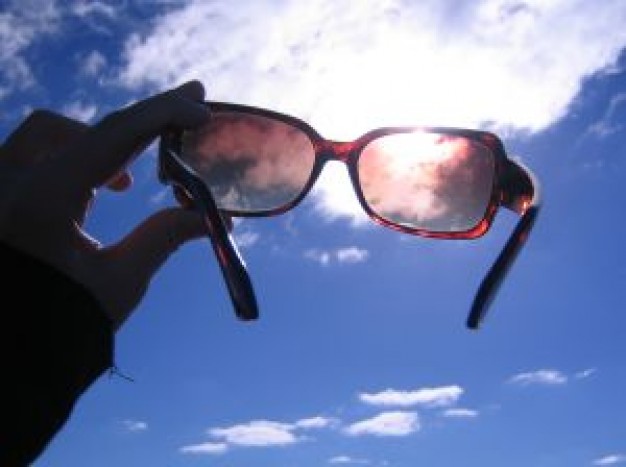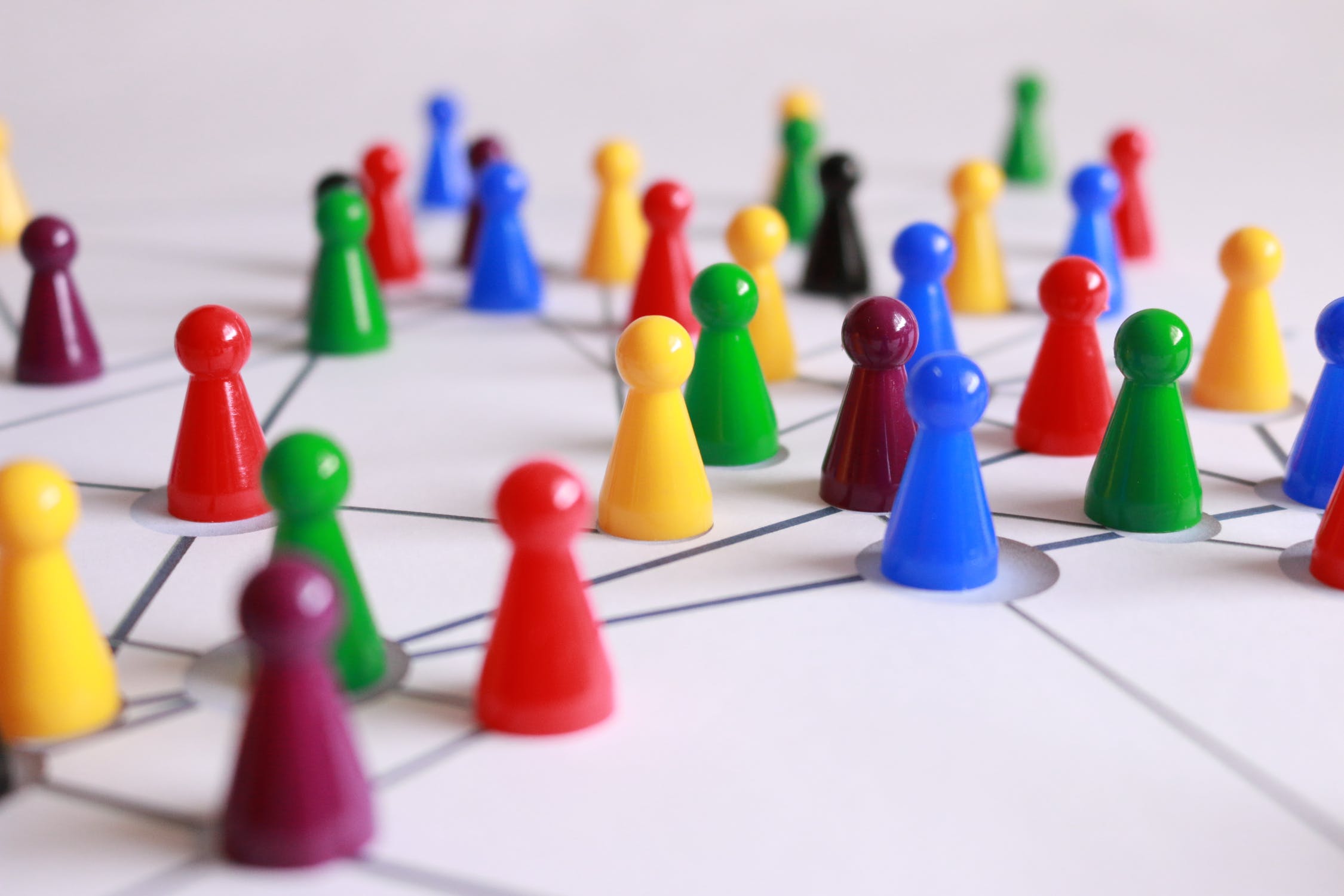Self-awareness can be like getting the keys to a Ferrari- but it’s worthless if the…
Introversion vs. Extraversion: The Tip of the Jungian Iceberg
 The gift of introversion has been getting a lot of press lately. Susan Cain, author of Quiet: The Power of Introverts In a World That Can’t Stop Talking, has brought the real essence of introversion to light. It wasn’t that long ago, in the year 2010 in fact, that the vaunted American Psychiatric Association was going to add introversion to a list of determining factors in mental illness. In an article titled, Are Introverts Nuts?, Psychology Today reported:
The gift of introversion has been getting a lot of press lately. Susan Cain, author of Quiet: The Power of Introverts In a World That Can’t Stop Talking, has brought the real essence of introversion to light. It wasn’t that long ago, in the year 2010 in fact, that the vaunted American Psychiatric Association was going to add introversion to a list of determining factors in mental illness. In an article titled, Are Introverts Nuts?, Psychology Today reported:
“The APA’s proposed definition of introversion is: “Withdrawal from other people, ranging from intimate relationships to the world at large; restricted affective experience and expression; limited hedonic capacity.” The definition also includes “deficit in the capacity to feel pleasure or take interest in things.”
No wonder introverts are fighting back!
Introverts all over the world are applauding the work of Susan Cain in setting the record straight on introversion. Introversion is a preference for focusing one’s energy and attention inward. Thus, introverts are at their best when they can be in their heads to solve problems, formulate thoughts, and recharge their psyches. They are simply prefer this style to an extraverted style where energy and attention is focused outwardly.
However, this is not a new concept. Identifying introversion as a normal state equal in validity to extraversion was first popularized by psychologist Carl Jung in 1923. Later, Katherine Briggs and and Isabel Briggs Myers applied Jungian theory to what was ultimately known as the Myers-Briggs Type Indicator , a widely used personality assessment. For decades, the psychological type community has been trying to set the record straight on the beauty of introversion.
While I am pleased to see that the general public is beginning to appreciate the qualities of introversion, Jung and later, Myers and Briggs, identified other psychological preferences that are also very important. There are also preferences for how one likes to take in information. Do you prefer facts, what is present right now, and sequential thought? Then you prefer sensing. It’s opposite is intuition, a preference for patterns, concepts, and theories. How many times have people misunderstood each other because of opposing styles of perception?
There is also a clear dichotomy for thinking versus feeling. Do you prefer logic or value-based judgments? These are equally valid ways to evaluate information.
Finally there is a preference for order, closer and routine that is opposite to a preference for keeping things more open-ended and less routine or scheduled. I predict this is going to be the next normal difference that people will learn to appreciate. There is a definite cultural bias toward being organized and scheduled that makes the flexible, more go with the flow types seem like they are disorganized and unreliable. That bias has to change too because the strength of the latter type is the ability to flex in the moment, accept multiple eventualities, and appreciate spontaneity.
The book Gifts Differing by Isabel Briggs Myers and Peter B. Myers, further advanced the need to honor individual differences and strengths. It isn’t just the unique advantages of extraversion versus introversion that require widespread understanding, it’s all of the Jungian preferences. For it is true that when you use your strengths, there is a tendency to feel energized and be the most effective. The most fertile environment for this to happen is when you are valued and appreciated for who you are. It is therefore very important that psychological type enthusiasts use this unique opportunity created by Susan Cain to further the understanding of all of the type preferences.




Thanks for this nice overview. I just can’t believe the APA would come up with such a definition. Amazing, in a bad way. Introverts certainly do get tired of seeing “introvert” defined as a purely negative thing (although to be fair, I’ve also seen “extrovert” used that way, but much less often.)
I think that I could be an “ambivert”, as I do enjoy being around people and certain social situations really energize me – I love loud rock concerts, and parties if there are people I know and click with, etc… However, I do get exhausted sooner or later and need to turn to quiet and inwardness to recharge. I think I qualify as “outgoing introvert” (I’m an INFJ in MBTI terms) – but again, it annoys me a bit when people say “you can’t be an introvert – you’re a people person!” It’s actually possible to be an introvert and like people!!
I think that problems occur when people think that extroverts are innately more valuable or normal than introverts – or vice versa. Everyone has different strengths or weaknesses and the strengths should be valued. I’d say that extremes are what need to be avoided. If you can’t ever stand to not be around people or talking a mile a minute, you may have a problem. Equally, if you don’t want to be around people at all or cultivate any relationships, you may also have a problem.
Thank you for expanding on this topic, Clarissa. You make many good points especially that introverts do enjoy people but still have a critical need for solitude and reflectoo in many situations. Sometimes people are confused by introverted feelers like the INFJ for instance, because while they really commit themselves to the welfare of others, they need to retreat into quiet too. It can seem like inconsistent especially if the need to introvert happens suddenly. Thanks for your comments!